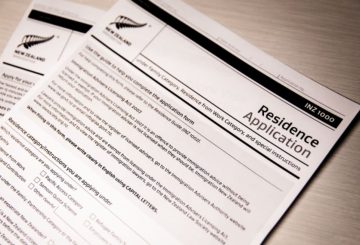The government is doubling the number of places available on the Working Holiday Scheme and extending working holiday makers’ visas in a bid to address staff shortages across the country.
It is also allowing employers in some sectors to pay skilled migrants less than the new median wage requirements.
Announcing the changes last week, Immigration Minister Michael Wood said the aim was to provide immediate relief to businesses that were hardest hit by the shortage of workers.
“We have listened to the concerns of these sectors, and worked with them to take practicable steps to unlock additional labour,” he said.
Businesses that are hiring skilled migrant workers in key sectors would be exempt from the new median wage requirements.
The median wage, which increased to NZ$27.76/hour in July of this year, is the minimum amount an applicant for a skills-based work visa must earn. Businesses in sectors including tourism and hospitality, construction and infrastructure are now able to pay less than this for skilled migrants.
Wood said that this would keep the wage requirements more in line with what they were under the previous immigration settings.
To address the shortage of casual workers, the government will temporarily increase access to the Working Holiday Scheme. This will allow 12,000 additional working holiday makers to enter the country.
In addition, those already here on working holiday visas that expire before 31 May 2023 will have their visas extended by six months.
Also, people who previously held a working holiday visa but who missed out on travelling to New Zealand due to the Covid-19 pandemic will also be issued with new visas from October, allowing them to enter New Zealand by 31 January 2023 and remain in the country for 12 months.
“These changes will have a positive impact on the workforce, and will make the most of the increase in working holiday makers we expect to welcome during the peak summer season,” Wood said.






























































